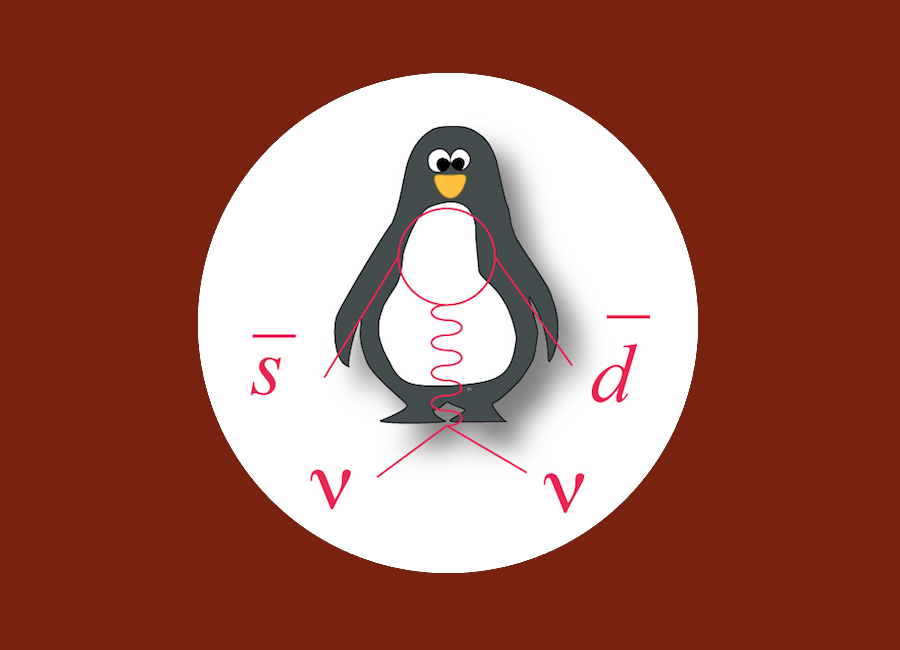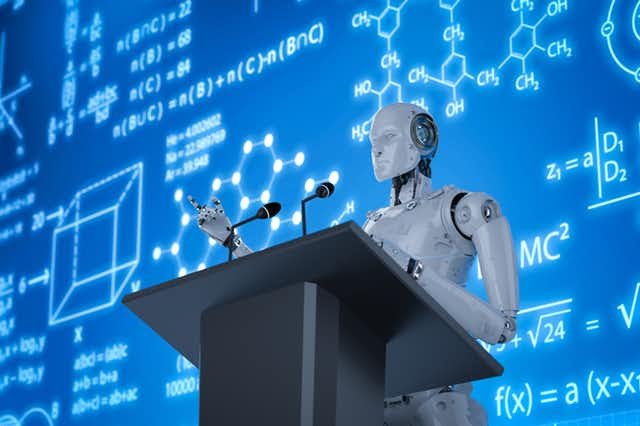

'Learning from the Machine at the Precision Frontier of Particle Physics' (2019-) is an interdisciplinary joint project of the 'Particle Physics Experiment (PPE)' and the 'Essence:Pervasive & Distributed Intelligence' groups in the College of Science and Engineering of the University of Glasgow, Scotland, UK.
This project proposes to analyse physics data with Deep Learning models and at the same time analyse the models themselves to explain the results and devise novel confidence metrics for comparison with other algorithms, including traditional cuts-based physics analyses.

The Particle Physics Experiment (PPE) carries out world-class research in particle physics and underpinning detector technology and Grid developments.
Learn more Close
The Pervasive & Distributed Intelligence (Essence) research team is affiliated with the research section Information, Data and Analysis (IDA) and Networked Systems Research Laboratory (NETLAB) in the School of Computing Science. Essence focuses on large-scale data-centric applications, including Machine Learning techniques for big data management systems.
Learn more Close
The NA62 experiment at CERN studies very rare kaon decays, in search of new physics. Understanding these decays will help physicists to check some of the predictions the Standard Model makes about short-distance interactions.
Learn more Close
The CLIC detector and physics study collaboration is addressing detector and physics issues for the future Compact Linear Collider (CLIC), a high-energy electron-positron accelerator which is one of the options for the next collider to be built at CERN.
Learn more Close
The aim of this collaboration is to develop what we are calling “machine learning guided analysis techniques” to address fundamental questions in physics in two areas: the search for rare decays that can reveal new physics in the NA62 experiment, and the development of next generation collider experiments for high-precision measurements of the Higgs boson. Both will benefit from advanced analysis techniques to select rare signals from immense backgrounds, and although modern machine learning techniques (ML) are able to handle more complex problems than previously feasible, they are still held back by the explainability problem, in the sense that most of the times ML is a “black box”. To overcome this limitation, we seek to develop machine-learning guided approaches that could offer confidence metrics akin to more traditional physics analyses while harnessing the power of the Deep Learning paradigm.
Contact us Close